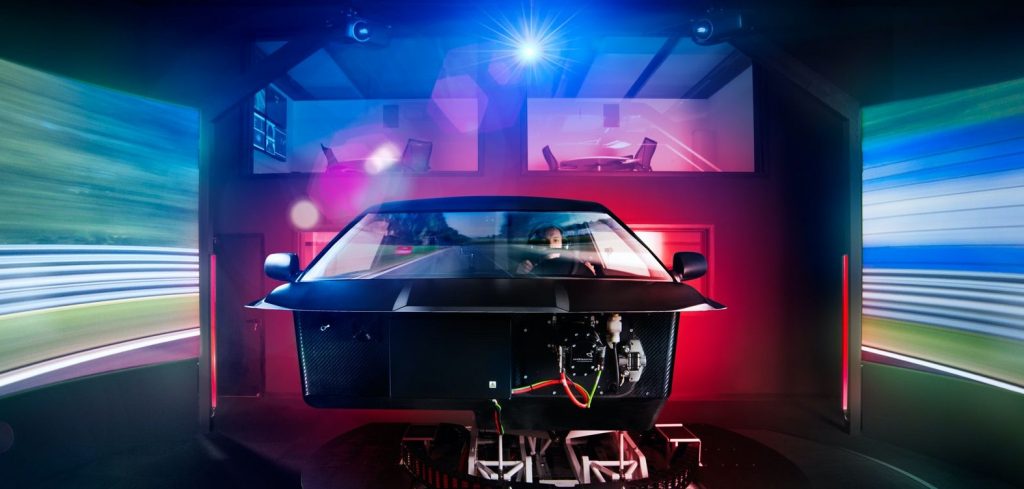BMW has upgraded its driving simulator capabilities with the addition of an Ansible Motion Delta S3 driving simulator, which the company says will enable it to acquire more accurate and representative data to develop, refine and validate its vehicles virtually.
Ansible Motion notes it has made numerous improvements to its third-generation Delta DIL to create a tool that can deliver enhanced dynamics, immersion and motion for users. It has eschewed legacy hexapod and gaming motion platforms, which it says struggle to replicate the feeling drivers need in situations such as simultaneous braking and turning. It has also expanded the range and fidelity of its S3 motion base.
Offering 6DOF with fully independent surge, sway and yaw as well as heave, pitch and roll, Ansible claims BMW Group’s engineers will benefit from the S3’s larger motion space, with four meters travel in surge and sway and greater than 360° yaw travel. Thanks to its ability to accelerate quickly and execute highly dynamic maneuvers, the S3 is suitable for EV powertrain and torque mapping, all while satisfying the response time demands of professional development drivers.
With an emphasis on providing the most immersive test environment, BMW Group’s new vision system will also be upgraded to include LED projectors to recreate a vivid experience, with stunning graphics from rFpro.
Ansible Motion notes that thanks to its lightweight construction and low overall height, the new simulator can be mounted without floor reinforcements, minimizing associated installation costs and time. The system also incorporates the company’s Quick-Change System (QCS), which allows vehicle cabins or cockpits to be switched over in under 20 minutes.
“We are extremely proud to collaborate with BMW Group’s respected engineers to deliver a DIL simulator specified for its needs both today and in the future,” commented Kia Cammaerts, founder of Ansible Motion. “When we developed the Delta S3 it was intended to be integrated into automotive development programs to enable virtual validation, meaning that our customers can devote efforts otherwise used to do real-world, physical testing and utilize that time for developing better cars.”


